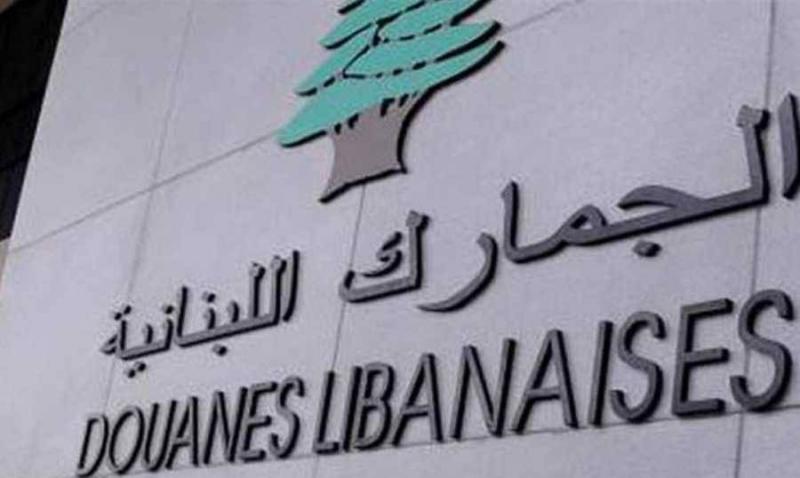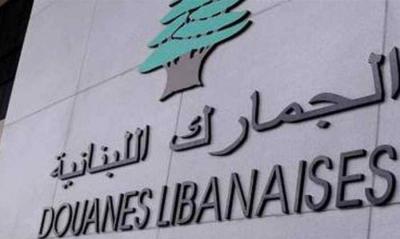With the increase in customs duties and the collapse of the lira's value, the amount of cash needed for each transaction became extremely large in terms of the volume of banknotes. As a result, customs brokers resorted to sending vast quantities of cash in boxes or large bags (sacks) to the cashiers in the customs department at the port, indicating the amount, the name of the broker, and the declaration number on each one. The cashier was to verify the value of the money before handing it over to the chief cashier for transfer to the Central Bank of Lebanon, as reported by "Al-Akhbar."
In the second half of last year, over five months, employees of the Central Bank of Lebanon received the boxes and bags without counting them immediately to verify their value. Later, when they were counted, a shortfall of 2.6 billion lira (about $29,000) was discovered, prompting the central bank to inform the chief cashier at the customs office in the port, N. A., about the issue. The latter held the customs brokers responsible and requested they cover the discrepancies, ensuing chaos, particularly since the responsibility for the missing amounts does not lie with the brokers but rather with the cashiers, especially the chief cashier and the head of the accounting office.
Customs brokers complained of being forced by the chief cashier to reimburse the missing amount, leading to conflict between the chief cashier and one of the cashiers. It is noted that employees struggled with counting cash after the volume in the cash register swelled from one billion lira daily to about 120 billion, while they were not provided with machines to count the cash.
After reviewing the financial prosecutor's office, the State Security Agency summoned a number of customs brokers, three customs employees, as well as the head of the accounting department and the chief cashier. A review of the surveillance cameras installed in the cashiers' rooms and the chief cashier's office revealed that the latter tampered multiple times with the camera in his office, redirecting it from its original path. When confronted with evidence indicating that he had opened money boxes intended for the Central Bank numerous times and withdrawn banknotes from them, he admitted to doing so, claiming it was to fund the payment box under his responsibility, as his role included disbursing payments to various entities, and he claimed he redirected the camera because it was aimed at him personally.
Further examination of the port authority's surveillance revealed footage showing the chief cashier emptying a money bag into his car after returning from the Central Bank. When questioned about the incident, he stated he was placing newly issued banknotes he had brought back from the central bank after exchanging them for older ones. However, responsible employees at the Central Bank confirmed during their investigation that the currency exchange was limited to one million lira and occurred only once.
Investigations also indicated that customs brokers were paying bribes to customs fund employees for each customs declaration, allowing the employee to receive the financial amounts (fees) necessary for their official duties. Additionally, several customs brokers received calls from the customs accounting department requesting them to pay extra amounts contrary to regulations.
"Al-Akhbar" learned that changes were issued from the customs leadership after the scandal, involving the replacement of cashiers at the port with other employees, but, for unknown reasons, these changes have not been implemented to date.
Last January, the Financial Prosecutor Judge Ali Ibrahim charged N. A., the chief cashier at the customs office in the Port of Beirut, with embezzlement, illicit enrichment, and squandering public funds, issuing a travel ban against him and referring the case to the Investigative Judge Bilal Halawi.




